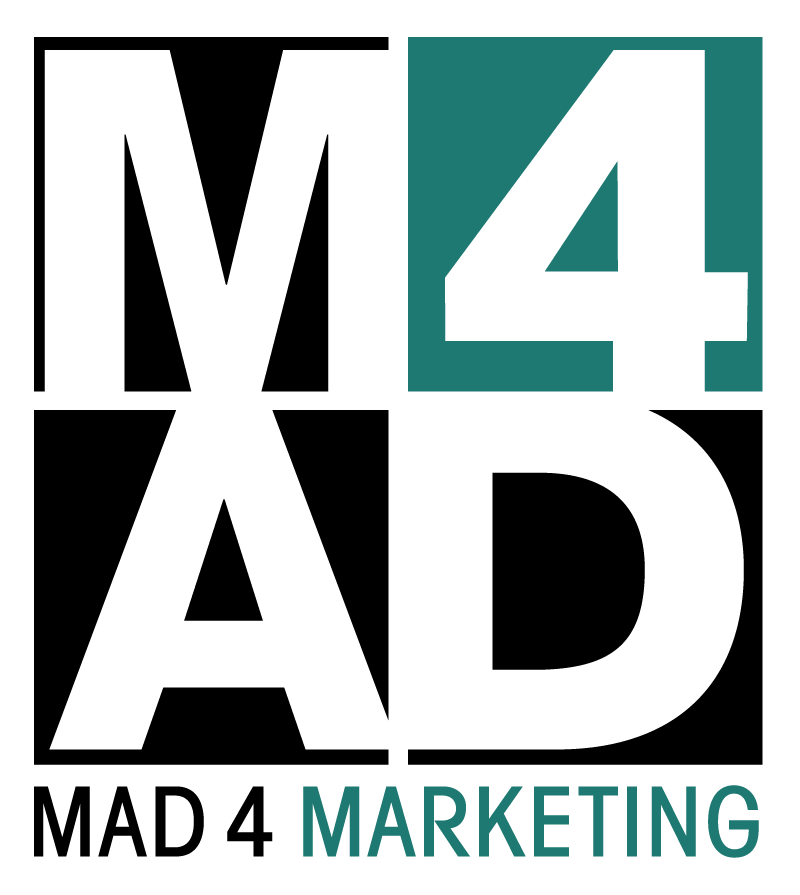Do you know what the term “competitive advertising” means and how it can help you grow your business? If you work in an industry that’s steeply competitive, especially in a region that’s closely familiar with the kind of business you perform (for example, a small town with three localized baby clothing boutiques), you can take advantage of this strategic technique.
Competitive advertising is when you market your products and services by comparing them with the products and services offered by your competitor. In the process, you point out how your company is a better option than any others. In some cases, this can be an opaque comparison–such as “We’re the city’s best baby store!”–while in others, it’s a more transparent: “Our Company offers double the discounts given by Small Town’s other baby stores.” In the first instance, a company might refer to outside awards, merits, testimonials to prove how they are “better” without providing direct evidence or referring to their competition. For example, think of those ads where supposedly blind taste-testers choose one brand’s product over another’s (“Best-tasting snacks…”). In the second example, empiric evidence that compares specific features of competing brands is collected, analyzed and then presented in a neat package for customer consumption (“Our snacks have 30% less saturated fat than lead competitors…”).
There are also two distinct ways to approach competitive advertising. You can focus on your own assets or emphasize the weaknesses of someone else. A prime example is political races, where sometimes would-be elected officials promote their education, experience and other advantages while in others, campaigns focus on digging up dirt and dissing on another candidate (sometimes known as smear campaigns).
Naturally, this tactic can be somewhat controversial. It can incite ire from competitors and start inter-industry battles. To some, entering the limelight involves the kind of publicity and costs they cannot afford. If you’re worried about a bigger company with ten times your advertising funding crushing your efforts–or worse, suing you for libel–you may not want to engage. But for others, starting a debate means additional, free advertising (such as word-of-mouth and even outside media coverage) as well as acknowledgment from the industry or potential customers. Warning to those considering this tactic: Be prepared to back up your data and defend your stance. It’s a risky endeavor which, when handled correctly, potentially offers huge ROI.
Also, remember that naming names can lead to legal snafus. There are ways to compare specifics without naming names, if you work with marketing specialists who can cleverly walk the line between vague competitive claims and more direct details that will resonate with viewers. Well-known competitive advertising gimmicks include the PC vs. Mac and iDon’t/Droid Does commercials. Ask Mad 4 Marketing how we can help you explore the kinds of competitive advertising that can help your company stand apart from the crowd.
